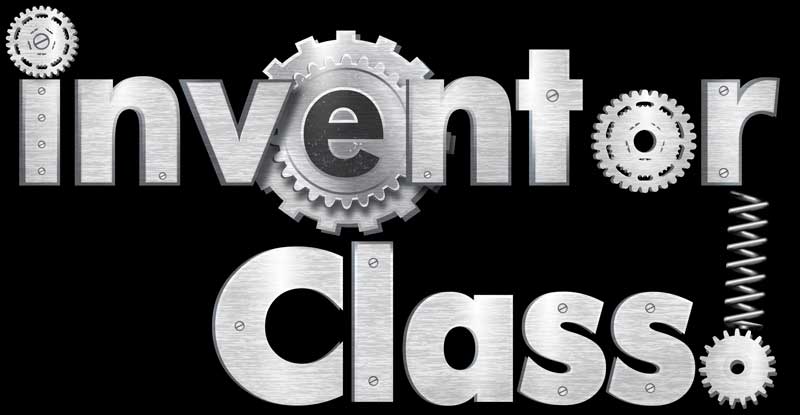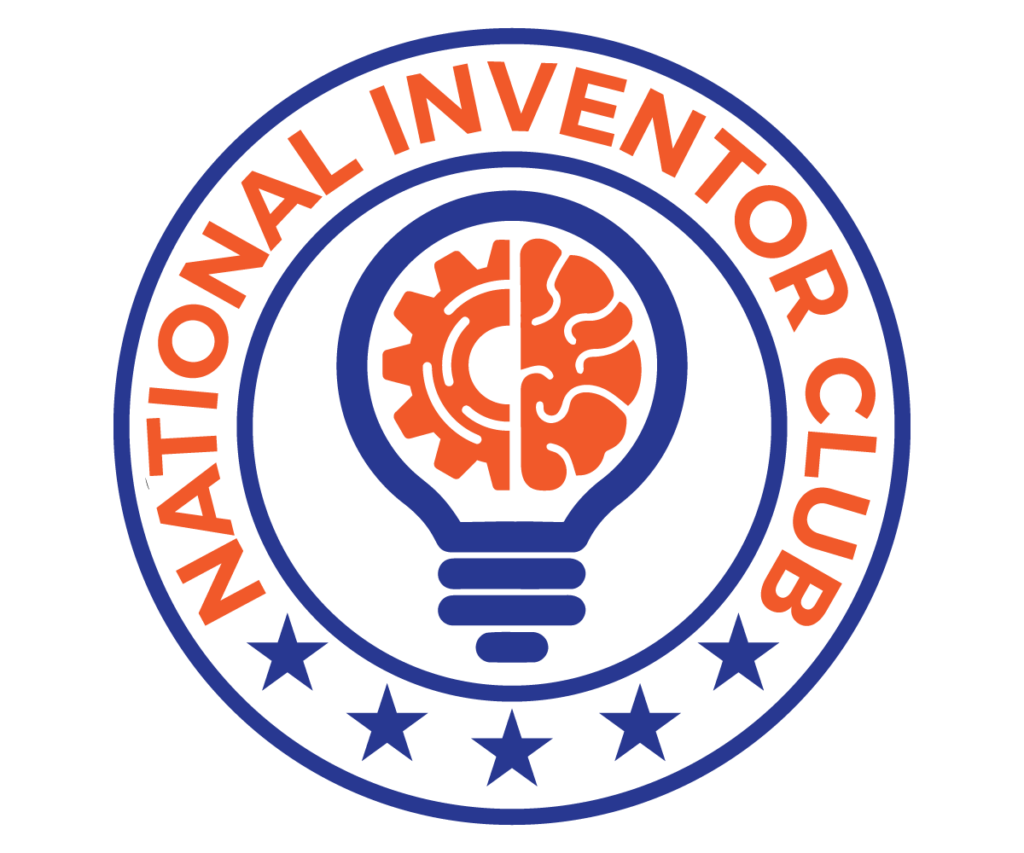You have been keeping your idea or many of your ideas a secret all this time and now ready to bring them to reality.
This may require you to search for outside help, which means that you will have to reveal what you are working on or thinking of at some point. So how can you protect yourself and your idea from getting ripped off? Let’s see who you might need involved and how to take certain measures to keep your idea confidential with others.
Who Would I Need To Help Me With My Invention?
It could be your inner circle of friends and family that you want to ask of their opinions about your idea. If you’re considering filing for a patent or other intellectual property, you may want to hire a professional patent attorney or agent. You may want to develop a computer engineered drawing (CAD) and may need the assistance of a product designer or an engineer. Perhaps you want to make a prototype and will need to send those CAD files to a 3D modeling service or get a quote for production from a factory in the United States or overseas. There may also be an opportunity to show, sell or license your invention to opportunities that come along and they may want to see everything you have been working on.
What Should You Tell Them Regarding Your Idea or Invention?
At first when you are evaluating companies and what they have to offer, keep the conversation general. They will most likely need to know more specific details before providing you a quote so find something similar that already exists and mention to them to give some estimate of what you might expect. Review this process with several service providers and get a feeling of how they conduct themselves, what their costs are and what you can expect from them.
The Trust Factor
It’s important to consider that before speaking to anyone about your idea or invention in detail that you have an NDA also known as a non-disclosure agreement in place. This NDA serves to protect your idea and information you share as the disclosing party and anyone who signs it agrees to keep any related information they receive from you confidential unless you permit otherwise. Whether you are seeking help from service providers, discussing your idea with consultants, or gauging consumer interest, ask everyone involved in discussions to sign an NDA and keep a record of them filed away.You may also here the NDA also be referred to as a Confidentiality Agreement or an MNDA, which stands for a Mutual Confidentiality agreement.
Where to Get a Non-Disclosure Agreement for Your Idea or Invention?
There are some government sponsored organizations such as SCORE that offer a sample template on their website [score.org] that could work just fine for you.You can also ask an attorney for a blanket NDA that you could use and fill in the blanks as you present the agreement to the receiving parties. They may charge a fee for providing you their form or they could charge you for each use of the form you ask them to prepare for you.
You may have this initial fear of someone stealing your great idea and keeping it all to yourself. The options are to keep it all to yourself until you one day see it on the store shelves developed and for sale by someone else, saying that it was your idea back in the day or sourcing out the help you need to bring your idea to life and owning it. Taking the steps of researching and networking can also help with background knowledge of who you are about to collaborate with. Your risks can also be minimized by having the receiving party of your idea or trade secret on notice when asking and them signing an NDA, keeping track of correspondence and building a mutual respect for each other.
By Brian Fried







